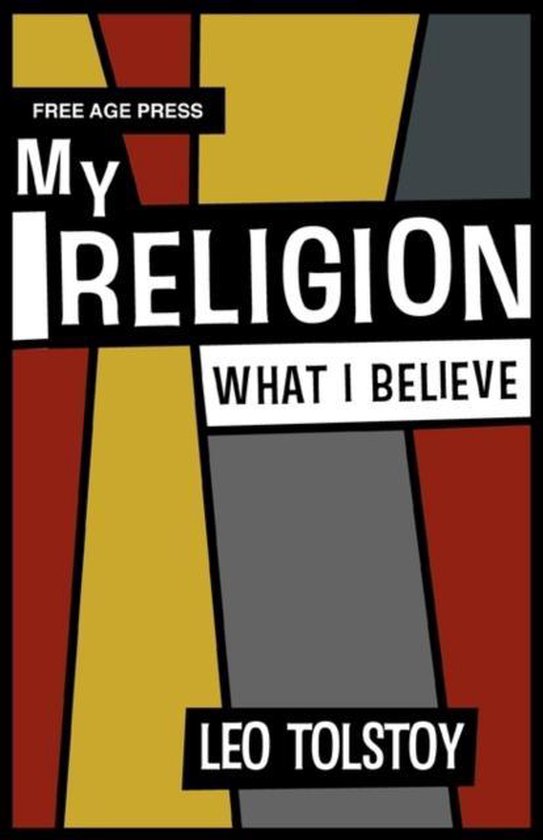My Religion carries on from where A Confession left off. Describing himself as a former nihilist Tolstoy develops his attack on the church he has left. He accuses them of hiding the true meaning of Jesus which is to be found in the Sermon on the Mount; and most clearly in the call not to resist evil. For Tolstoy it is this command which has been most damaged by ecclesiastical interpretation. Not everyone he writes is able to understand the mysteries of dogmatics homilectics liturgics hermeneutics apologetics; but everyone is able and ought to understand what Christ said to the millions of simple and ignorant people who have lived and are living today. Here is Tolstoys religion; and non-violence is at its heart.A Confession is Tolstoys chronicle of his journey to faith; his account of how he moved from despair to the possibility of living; from unhappy existence to the glow and strength of life. It describes his spiritual and philosophical struggles up until he leaves the Orthodox Church convinced that humans discover truth not by faith but by reason. The story begins when at the age of 50 Tolstoy is in crisis. Having found no peace in art science or philosophy he is attacked by the black dog of despair and considers suicide. His past life is reappraised and found wanting; as slowly light dawns within. As gradually imperceptibly as life had decayed in me until I reached the impossibility of living so gradually I felt the glow and strength of life return to me… I returned to a belief in God.Here is a quest for meaning at the close of the 19th century - a time of social scientific and intellectual turbulence in which old forms were under threat. Tolstoy looks around at both old and new alike and like the author of Ecclesiastes discovers that All is vanity. His spiritual discoveries first take him into the arms of the Orthodox Church; and then force his angry departure from it.
